Artificial Intelligence (AI) has the potential to impact various industries and job roles in the future, but the extent of its impact and whether it will “take over” jobs is a complex and debated topic. Here are some key points to consider:
- Job Displacement: AI and automation technologies can automate certain tasks and processes, leading to the displacement of jobs in some industries. Routine and repetitive tasks are more susceptible to automation. For example, jobs in manufacturing, data entry, and customer service may see changes or reductions due to AI.
- Job Transformation: While AI can replace certain tasks, it can also enhance and transform many jobs. It can assist professionals in making better decisions, automating mundane tasks, and improving overall productivity. For example, AI can help doctors diagnose diseases, aid in financial analysis, and optimize supply chain logistics.
- Creation of New Jobs: The development and implementation of AI technologies also create new job opportunities. These include roles related to AI development, data science, machine learning, and AI ethics. As AI becomes more widespread, there is a growing need for individuals with skills in these areas.
Artificial Intelligence (AI) has witnessed remarkable advancements in recent years, revolutionizing various industries and transforming the way we live and work. As AI technology continues to mature, concerns about its potential impact on the job market and employment landscape have surfaced. This article explores the question: Will Artificial Intelligence take over jobs in the future?
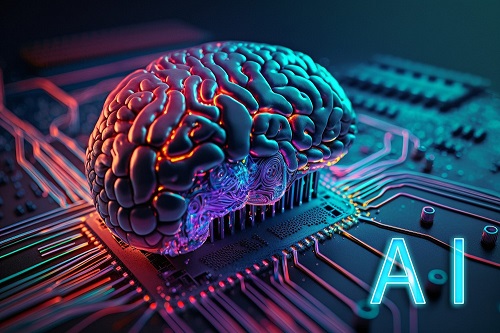
Current Landscape
AI, including machine learning and robotics, has started to play an important role in automating tasks previously performed by humans. This leads to increased productivity and cost savings for businesses. However, this technological shift has also raised concerns about potential job moves.
Automation vs. Job Displacement
It’s important to differentiate between automation and job displacement. Automation refers to the use of technology, such as AI and robots, to perform tasks with minimal human intervention. While automation can lead to job changes, it doesn’t necessarily equate to job loss. In many cases, mundane and repetitive tasks are automated, allowing employees to focus on more creative and strategic aspects of their jobs.
The impact of AI for the future
Job displacement occurs when AI and automation technologies replace human workers entirely, leading to unemployment in specific job sectors. While some jobs might become obsolete due to AI, new opportunities are also likely to emerge as industries evolve to accommodate these changes.
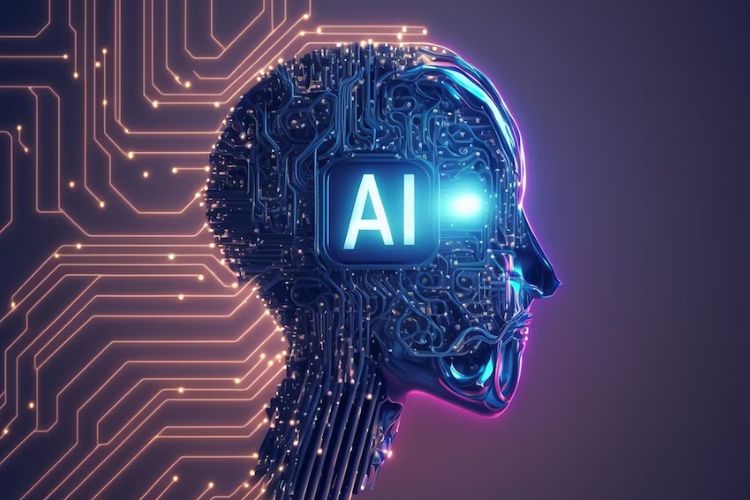
What exactly is the role of artificial intelligence in helping work? one example of “Programmer” Can AI replace programmer tasks?
There are many challenges that must be faced by programmers today, along with the increasingly advanced capabilities of a computer system. But along with that, the role of artificial Intelligence is also getting stronger, This sounds like a never-ending circle. When it comes to building an artificial intelligence, you will need the role of a programmer to build the appropriate system and code.But then, a programmer can build an artificial intelligence that can work to help the programmer’s task. Because artificial intelligence can be formed with complex systems to be able to search, analyze and assess separately and unify certain objects. Including the object in question is the task of the programmer. Call it like the ability to analyze coding, system search, program analysis and so on.
Jobs that can be replaced by AI in the future
AI has been applied in various fields, and is now increasingly used in the context of education, companies and service fields. AI refers to the ability of machines or computers to mimic human intelligence in performing certain tasks, For example ChatGPT creator OpenAI launched a paper on the types of jobs threatened by artificial intelligence (AI). This research was conducted by OpenAI researchers, namely OpenResearch and the University of Pennsylvania.
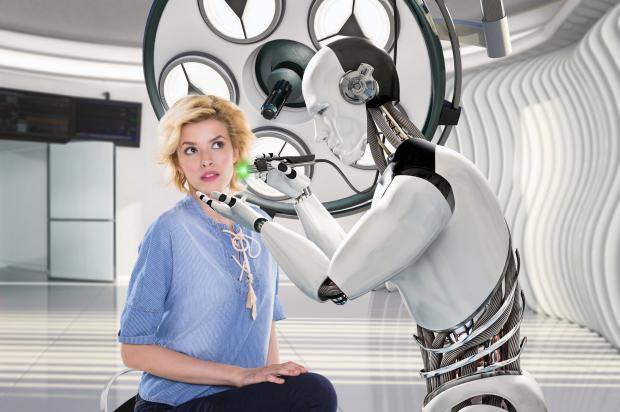
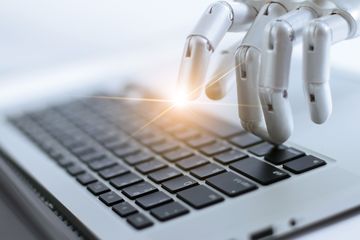
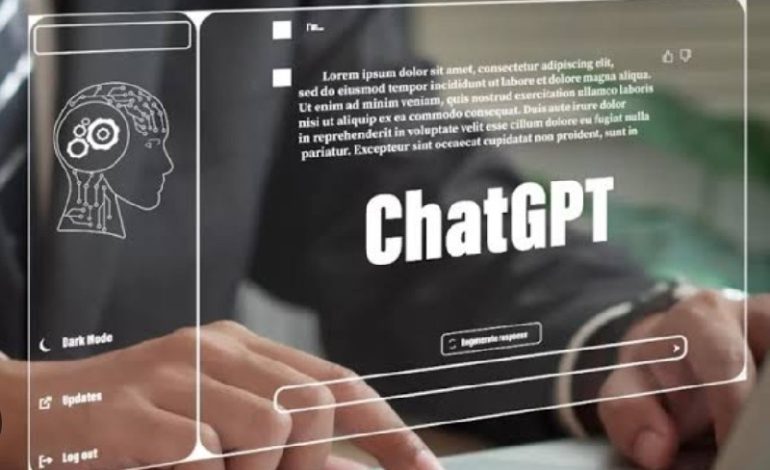
Adapting to the Change
History has shown that technological advancements tend to create new opportunities even as they disrupt old ones. To prepare for the evolving job landscape, individuals and societies can take several steps:
- Skill Enhancement: Upskilling and reskilling in areas where human expertise is still essential, such as critical thinking, creativity, emotional intelligence, and complex problem-solving.
- Education: Encouraging education in STEM (science, technology, engineering, and mathematics) fields to develop skills relevant to the AI-driven economy.
- Flexible Work Models: Embracing flexible work arrangements and part-time roles can help distribute available work among a larger workforce.
- Entrepreneurship: Fostering an environment conducive to entrepreneurship and innovation can lead to the creation of new businesses and job opportunities.
Conclusion
While AI and automation will inevitably reshape the job landscape, the extent of job displacement is not set in stone. The future depends on how societies, industries, and governments respond to these technological changes. By focusing on adaptability, education, and innovation, it’s possible to mitigate the potential negative impacts of AI and harness its benefits to create a workforce that thrives alongside intelligent machines.
“Ayo#RaihMasaDepanmu Bersama Telkom University“
Proudly powered by WordPress
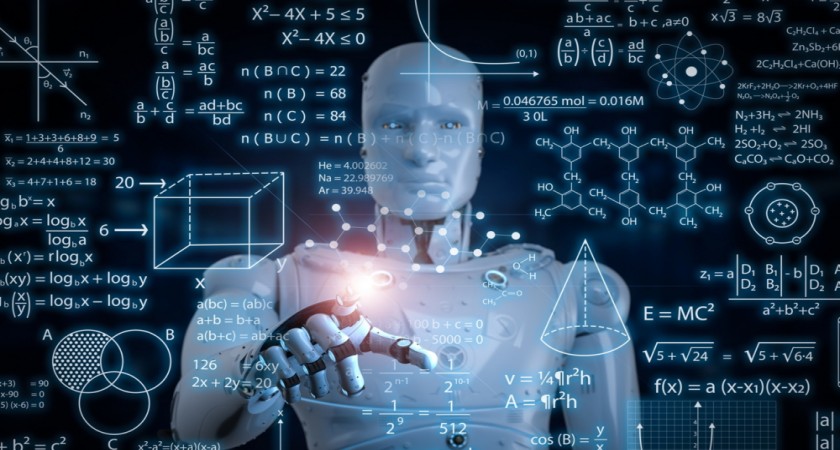
6 responses to “Will Artificial Intelligence Take Over Jobs in the Future?”
Very good very well article. My cousin is very happy
thank you!
What jobs can AI take over
progreming, teacher, Chatbot, data analytis and more
Selalu menarik dan unik jika membahas tentang AI, tidak akan ada habisnya topik tentang AI
selalu menarik dan ingin untuk terus dipelajari